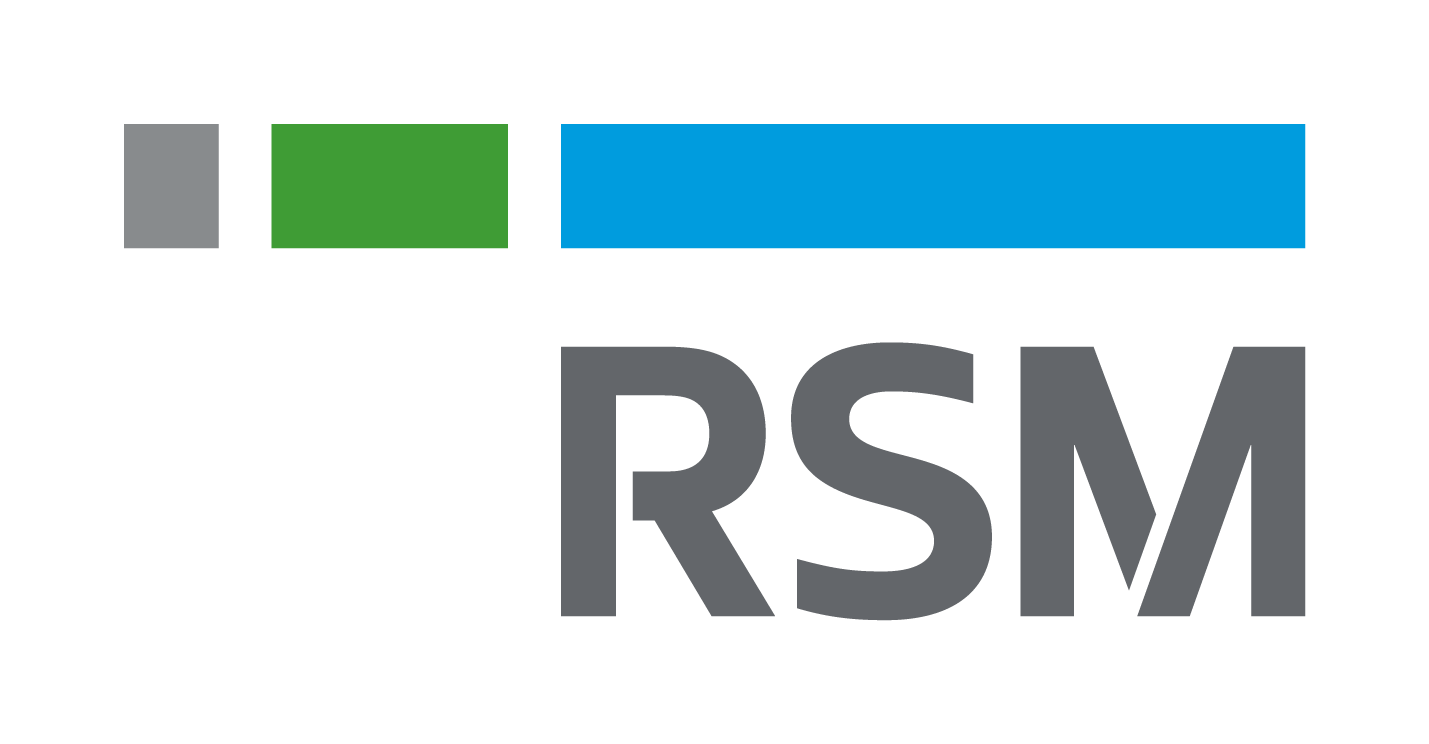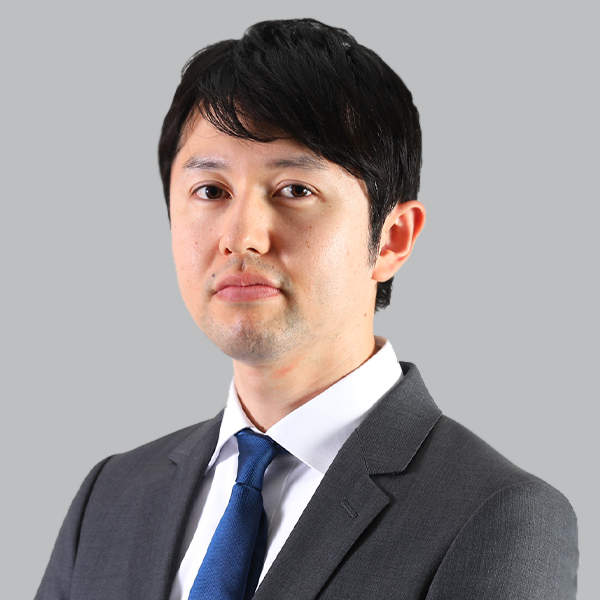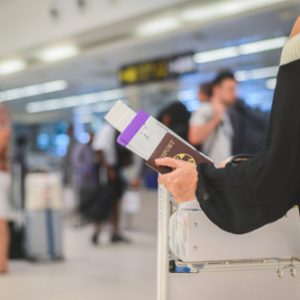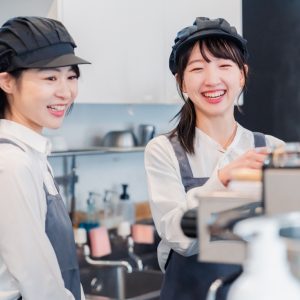Application for “Permission to Engage in Activity Other Than That Permitted Under the Status of Residence” in Japan
April 27, 2023
What is an application for “permission to engage in an activity other than that permitted under the status of residence”?
This application refers to the procedures required in advance for those who wish to engage in an activity other than that permitted under the status of residence and receive remuneration for the activity. For example, a foreign national residing in Japan under the status of residence “Student” or “Dependent” is basically prohibited from earning any form of income by working in Japan.
However, if they apply for and receive permission to engage in activities other than those permitted under their status of residence, they may be able to work part-time or engage in other work within the scope that does not hinder the original activities of their status of residence.
If a foreign national does not comply with Article 19 of the Immigration Control and Refugee Recognition Act and proceeds to take on a part-time job without permission, this act constitutes “illegal employment,” and thus the individual/the employer will be charged for illegal employment/for promoting illegal employment.
Types of Permission to Engage in an Activity other than that Permitted under the Status of Residence
(1) Blanket Permit
A typical example is a “Student” or “Dependent” who engages in part-time work or other activities. 28 hours of work per week or less is allowed (“Students” are allowed to work 8 hours per day during long vacations as stipulated in the school regulations). If any of the general principles listed in 3 apply, excluding (3), and meet all requirements, there are cases that are not restricted to one place of work but are permitted on a comprehensive basis.
Those who are staying in Japan as a spouse or child receiving support from a foreign national, or as its equivalent, those under “Designated Activities” who are designated to engage in daily activities as a person receiving support as a dependent of a foreign national. Those under another “Designated Activities” whose purpose of staying in Japan is to engage in continuous employment activities or until they are employed after receiving a job offer. Those who are engaged in “Education,” “Engineer/Specialist in humanities/International services,” or “Skilled labor (limited to sports instructors)” activities under an employment contract with a local public organization, etc. are also eligible for a comprehensive permit.
(2) Individual Permit
As a general rule, the general principle in 3 must be met. When an application for permission is filed for activities outside the scope of the blanket permission, or when a person with working status engages in activities that fall under other working status, permission will be granted on an individual basis.
Examples of cases where permission is granted are: 1) when a foreign student engages in an internship and engages in activities outside of the status of residence exceeding 28 hours per week; 2) when a “Professor” status holder working at a university engages in activities as a language instructor at a private company (activities that fall under the status of residence of ” Engineer/Specialist in humanities/International services “); 3) If you operate as a sole proprietor or engage in activities where it is difficult to objectively confirm the working hours.
Requirements for Engaging in Activities Outside the Status of Residence (General Principle)
If all of the following requirements are met, engaging in the activity outside the status of residence will be recognized as plausible and permission will be granted.
- Engaging in the activity pertaining to the application does not hinder the activity of the current status of residence
- The applicant must be engaged in the activity pertaining to the status of residence that he/she currently has.
- The activity pertaining to the application falls under the activities listed in the lower column of the status of residence in Table 1 or Table 2 of Appended Table 1 of the Act (excluding ” Specified skilled worker” and “Technical intern training”).
- The activities pertaining to the application do not fall under any of the following activities
(a) Activities that are deemed to be in violation of laws and regulations (whether criminal or civil)
(b) Activities conducted in a place of business where adult entertainment business or store-based sex industry business is operated, or activities engaged in non-store-based sex industry business, video transmission sex industry business, store-based telephone dating service business, or non-store-based telephone dating service business. - The applicant has not been issued a detention order or served with or notified of a written notice of Hearing of Opinion.
- Must not have a history of misconduct.
- Those who are engaged in activities that fall under the status of residence based on a contract with a public or private organization in Japan must have the consent of said organization to engage in activities other than those permitted under the status of residence.







